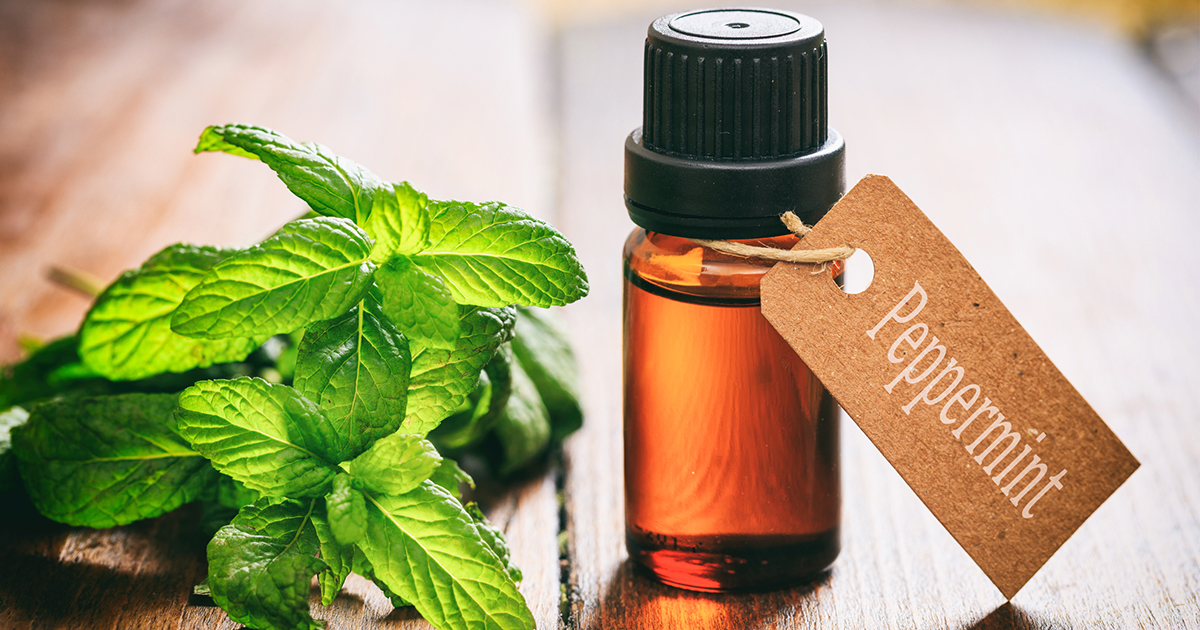The Health Benefits Of Peppermint
Peppermint is not just a popular and soothing flavor that can be drawn from the plant Mentha piperita; it also serves health purposes as well. As is the case with many herbs and plants found in nature, peppermint can serve as an organic and easy way to treat many ailments. The plant itself is a cross between watermint and spearmint, and it is indigenous to the Middle East and Europe. Its chemical properties are a fascinating source of a variety of sensations and reactions in the body that can contribute to healing and overall wellbeing. Get to know some of these health benefits now.
Helps Treat Irritable Bowel Syndrome

Irritable bowel syndrome (IBS) is a disorder that affects the gastrointestinal system in the body and causes abdominal cramps, bloating, diarrhea, and constipation. This debilitating disease has, for years, been treated by naturopaths with peppermint. However, recent research shows peppermint is scientifically sound with regards to how it helps treat irritable bowel syndrome. This is due to the fact peppermint takes action through an anti-pain channel called TRPM8. Through this channel, it reduces pain sensing fibers and alleviates IBS symptoms. Peppermint can be taken through an oil capsule as directed by a professional or through a warm tea.
Helps Treat Gastric/Stomach Problems

In much the same way peppermint can help to treat irritable bowel syndrome, it also helps treat gastric/stomach problems from a host of causes. This is because of the muscle relaxant properties found in the plant. In fact, peppermint has been known to help in treating nausea from pregnancy as well as other sources. Because the stomach is in such a sensitive state when these things occur, peppermint can be inhaled with the help of a diffuser and high-quality peppermint oil. It can also be readily accessed through hot tea. This will directly impact the digestive tract to quell the pain and ease the inflammation that is typically the cause of much digestive discomfort.
